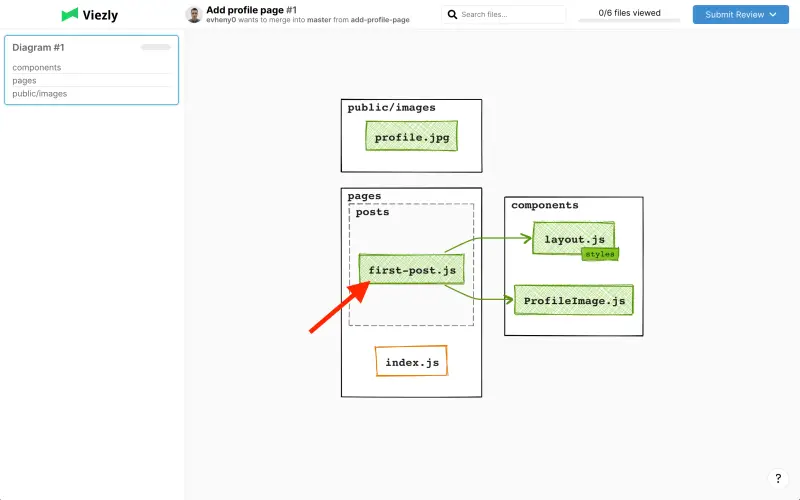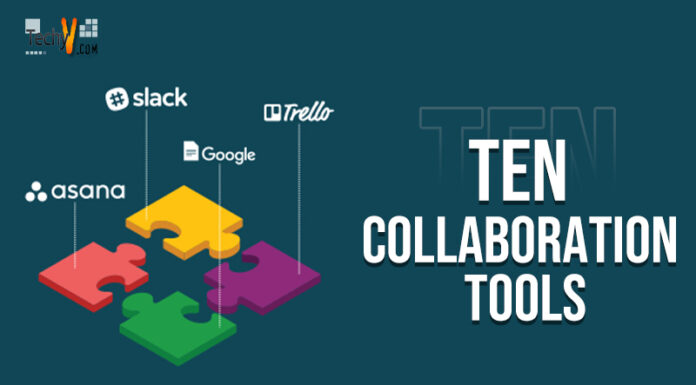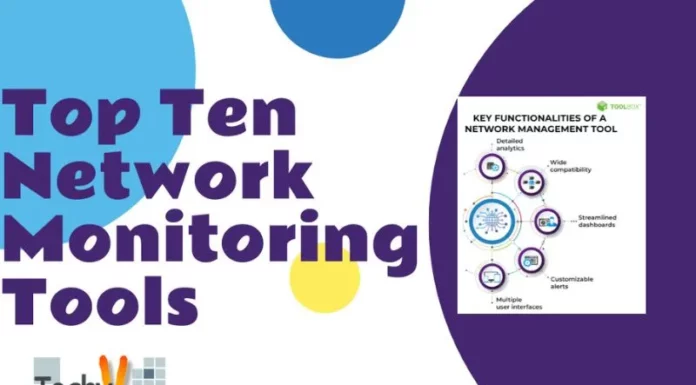As a developer, we always look for best-in-class tools and software for our development and learning process. We look for software that meets our requirements and budget. However, I look for reliable tools with long-term support, regular updates, bug fixes, and, of course, free of cost. While working on a project which should be scalable and have continuous updates we all rely on GitHub for testing and deploying our final product or service. And that brings us to code review software tools (which typically means pull request review and code commit tools for GitHub). Many people use GitHub native pull request and other tools but as a beginner, I get a bit worked up while using them, and sometimes for certain projects a particular type of tool is required which may suit your team’s workflow. So, for that purpose, we are here to list out the Top 10 Software tools for efficient code review for your team projects.
1. CodeApprove
CodeApprove was designed to bring out Google’s internal review tools by an ex-Googler. By using GitHub review experience, it redefines the same for power users. CodeApprove makes sure that every conversation is fixed before the reviews are merged, by combining it with an instant, information-dense interface developed with keyboard shortcuts it will be faster to review more codes in a shorter time.

2. CodeStream
Reviewing codes is such a hassle, right? But with the help of CodeStream, the review can take place at any time and the user doesn’t need to leave his/her IDE. CodeStream allows access to the whole source tree rather than just checking for a diff leading to the use of review code using the same tools one used to write it. Apart from this, come run live along with the code which forms a living knowledge base for the team.
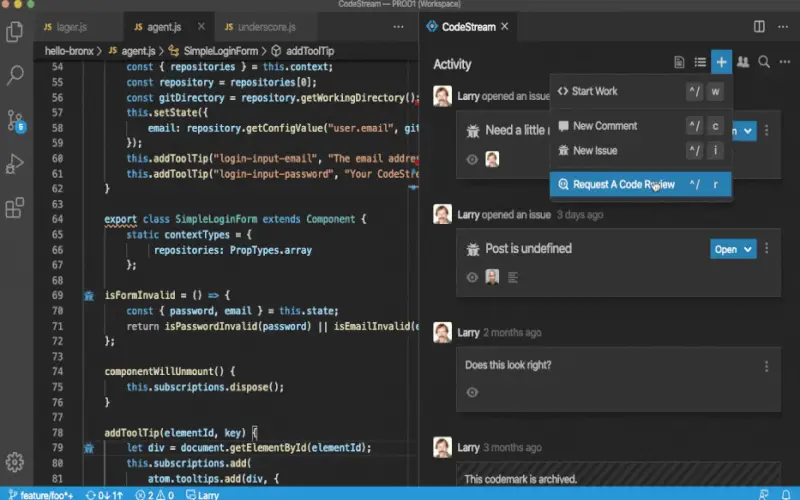
3. Crocodile
Crocodile brings several delicate and refined quality-of-life improvements to review codes adding up to vast improvement. Comments can be placed anywhere along with the diff and glide over next to the code. Crocodile’s interface allows you to quickly get an idea of what changes have been there since the last review and also identify when it turns to make a review again.
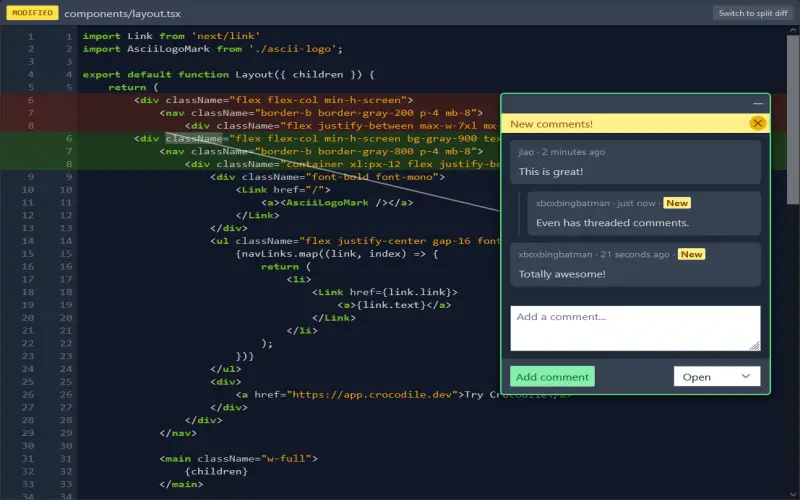
4. Axolo
Axolo is an excellent code review tool revolving all about conversations which takes normal back-and-forth on GitHub and makes the conversation relaxed. The principal objective behind this code review tool is not to change how one reviews the code (for which GitHub’s interface will still be used) but to make communication around the review as smooth as possible.
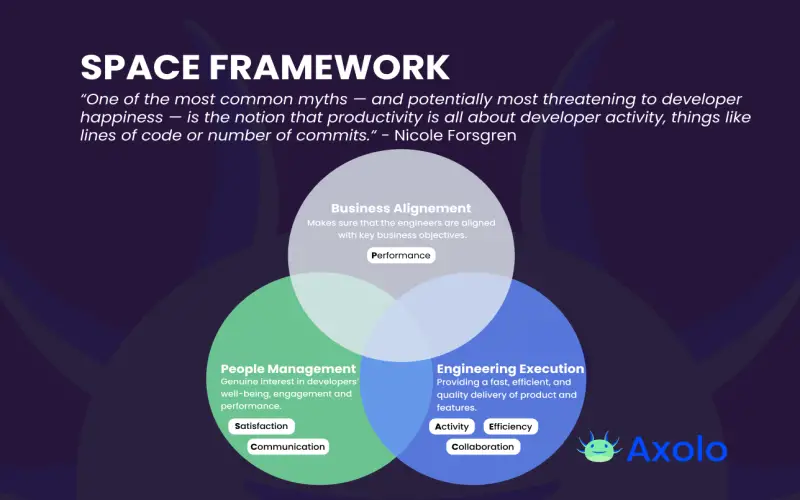
5. Review Assistant
Review Assistant is a code review plug-in for Visual Studio that allows you to generate review requests and answer them without leaving out from Visual Studio. It supports TFS, Git, Mercurial, and Perforce and its setup comprises of unlimited 30-day trial with a free plan. It has incorporated the code review process into the development environment enabling you to create review comments directly from the code editor. The Code Review Board window exhibits created reviews and allows their management. Apart from this, addition, it consists of all code-related discussions.
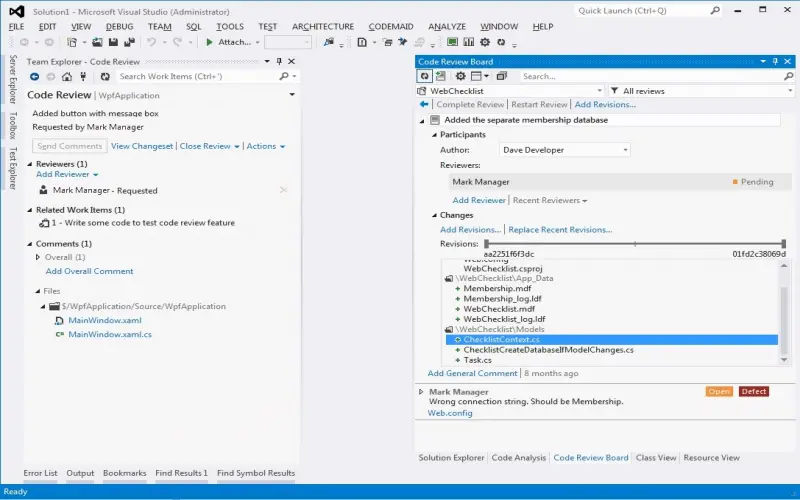
6. Gitpod
Gitpod is an online tool that helps to frame your open-source project locally. It can be best described in short as an online VScode Editor which allows you to set up an open-source project while working more flexibly than other online tools. It helps other developers to comprehend the whole working tree and project structure using Gitpod. Getting started and working with Gitpod is easy. One needs to circumnavigate Gitpod websites and create an account using GitHub. The workspace will be automatically done by dividing the project to your GitHub, it will be by default available at your Gitpod workspace. Local VScode environment can be used to code using Gitpod Configurations. The best part about Gitpod is that it supports multiple IDRs and editors.
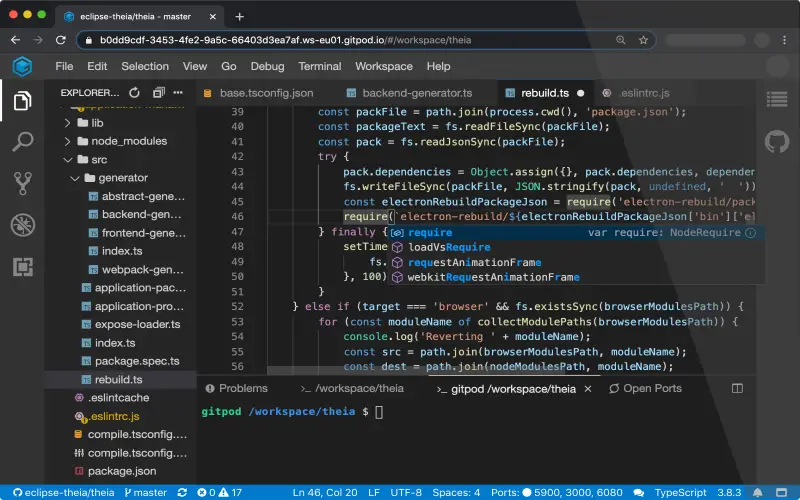
7. DevHub
DevHub is a software provider that provides experience and expertise to the user to be an extension of their marketing teams. It was developed in the year 2007, with the aim of it to adapt to the ever-changing consumer environment allowing the marketeers and the companies to solve complications their consumers are having today and in the upcoming future. It offers a wide number of services ranging from self-service to managed services. It is a location-focused enterprise platform that is very easy to use and can be configured for the brand’s unique needs at both global and local levels. DevHub is a platform that uses a very defined and detailed implementation process grounded on hundreds of new clients to get their brand and users up and operating efficiently and effectively.
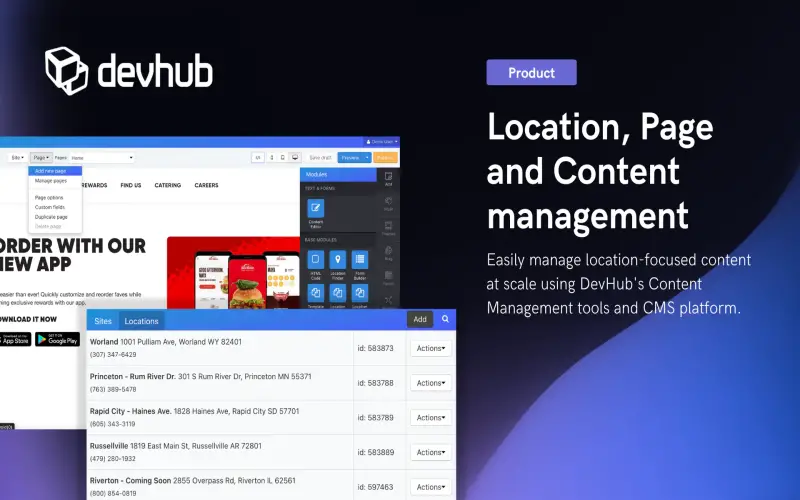
8. Bolt
Bolt is a code review tool that is intended to lessen or close the gaps between code development and code security. The main utility of this tool (Bolt) is to help GitHub developers create and design more secure and safe products. It can detect and distinguish the vulnerable open-source components in the repository and also alerts the user about the same.

9. Reviewpad
Reviewed is utilized to simplify the reviewing process by allowing the developers to move through the changes and comments smoothly and alleviate Git conflicts. It is a code review tool used for GitHub, GitLab, and Bitbucket. It can also access comments from the previous code reviews. It is capable of reviewing the codes without pull requests and also it offers an automated kanban (Japanese technique for boosting productivity and efficiency) of the pull requests to easily identify blockages in the reviewing process.
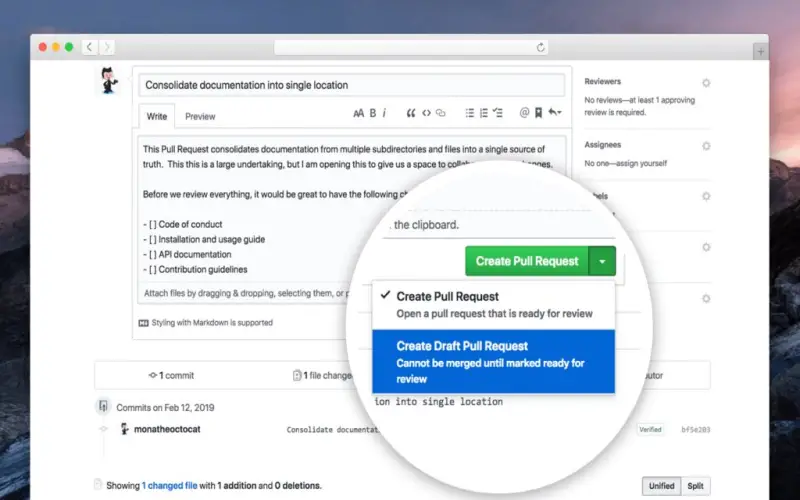
10. Viezly
You must be thinking that every code-reviewing tool looks the same. But this isn’t the case with the Viezly. Because it can redefine the conventional stock of diffs into a graph which can help the user understand which files were changed and how they are related to each other. With the help of Viezly, the user can quickly locate the core of the change and finish a large number of pull requests very easily.
